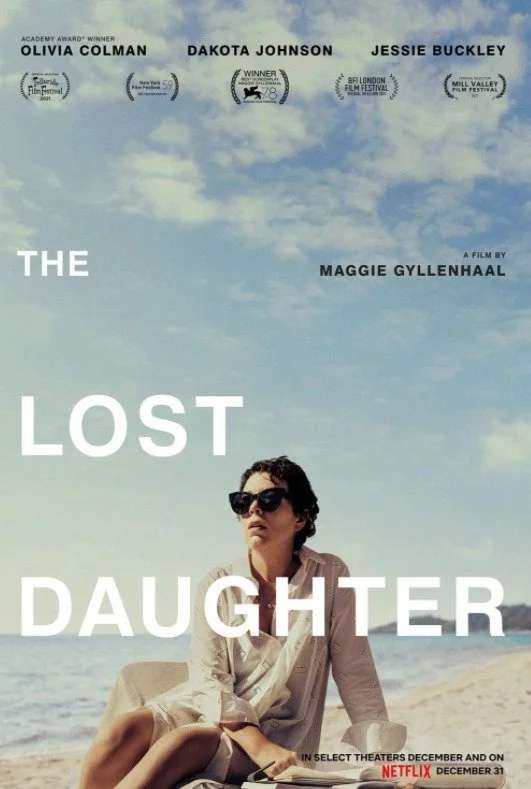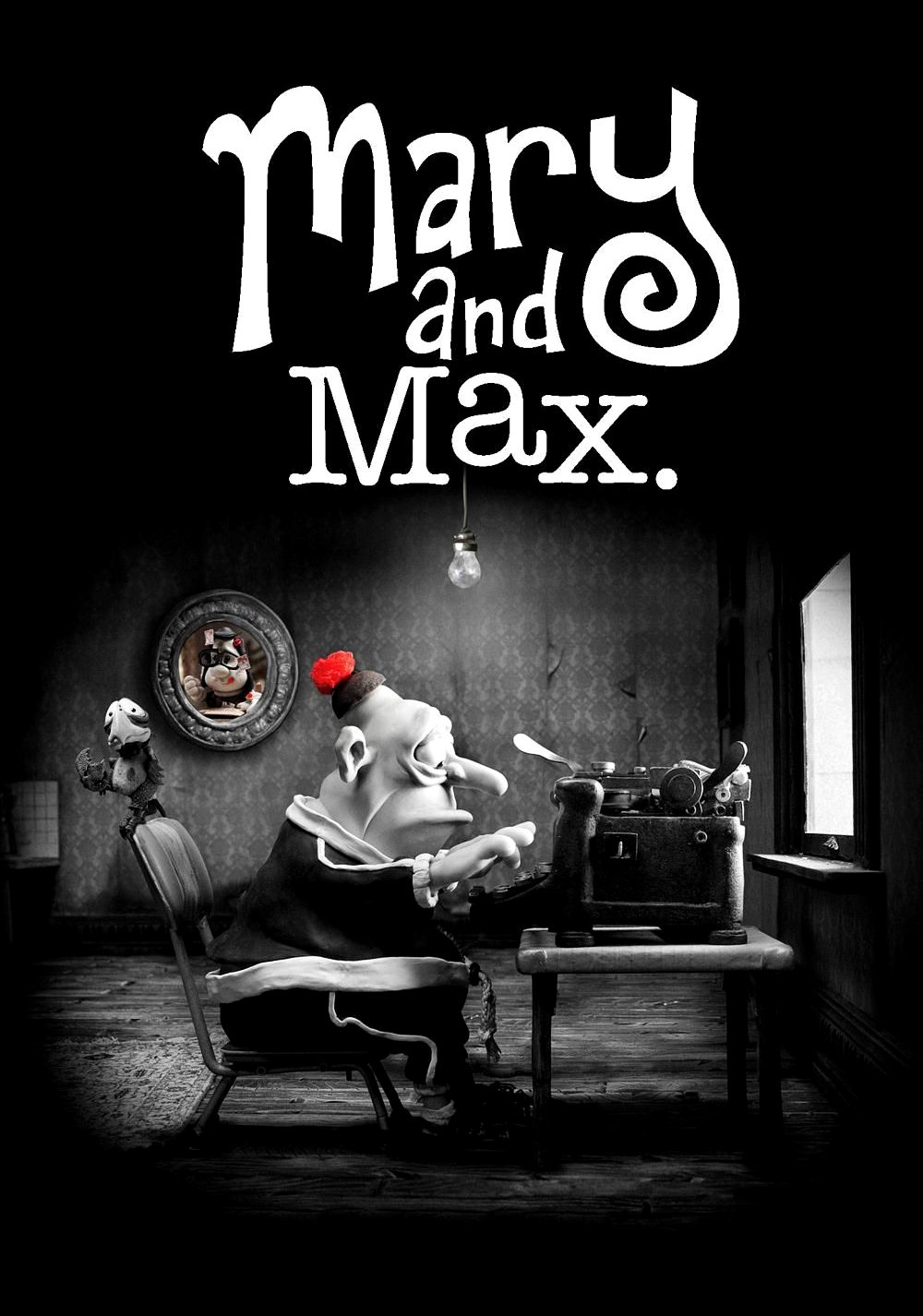The Lost Daughter Review
7/10
There are films where all the essential elements appear to be in place, yet I still don’t connect to what is happening on screen. The Lost Daughter is one of those films. It is the kind of story I would usually love: a slow burn psychological drama with smatterings of tension and tragedy building to a heartbreaking climax. There are aspects of the film I enjoyed; Olivia Colman and Jessie Buckley are fantastic. The emotional pathos they bring to their roles shows why they are among the best actors we have today.
The film was the directorial debut of Maggie Gyllenhaal. I’ve enjoyed many of her acting performances over the years, so I was curious to see how she would transition to directing. She tends to choose more eclectic and interesting roles. Secretary, in particular, is one of my favorite films. When actors first get into directing, they often gravitate towards small-scale, character-focused films rather than superficial box office fodder; the kind of roles they would likely want to be hired to act in themselves.
It usually takes a couple of films before their voice and style come to the surface. Before that, they can have a less defined approach, an amalgamation of their various influences rather than a distinct directing voice of their own. Even though I have issues with the film, Gyllenhaal already has radiant confidence in her directorial voice that shines through. The Lost Daughter never feels like a first-time filmmaker.
We are introduced to Leda, played by Colman, a middle-aged mother taking a trip by herself to Greece. When lounging on the beach, her nirvana is interrupted by a rambunctious family from Queens. They ask her to move, which she refuses to do. This causes immediate tension with the family, as though Leda just did something unspeakably vulgar. One of the family members, Nina, in an excellent performance by Dakota Johnson, loses her young daughter. Leda soon finds the girl and returns her to Nina. This act of kindness immediately cools tensions between them. We are shown a glimpse into Leda’s tormented inner life when she steals the little girl’s doll.
Leda is reserved about her personal life, other than letting us know she is a professor of languages. She is deliberately vague about who she really is, both to others on the island and the audience. This internalized nature of her character initially intrigued me and made me interested to know more. The main issue I have with the film is how its closed-off nature ended up being a detriment to my emotional involvement. I love a film that takes its time hinting at tragedy beneath the surface rather than spoon-feeding the audience exposition and all the answers. Many of my favorite films have a wandering narrative approach. It’s the character and emotion that often ground a film with a loose structure.
That is where The Lost Daughter fell short to me. It spent so much time hinting at buried secrets, that I was expecting some kind of reveal to justify that buildup. We see hints of who Leda is and what brought her to this place. The younger Leda is played by Jesse Buckley. Here we see her dissatisfaction with her family life. She is frustrated and short-tempered with her two daughters. Leda is a burgeoning intellectual with bright career prospects. Her academic life constantly clashes with her home life. She cares for her husband and kids, but she feels trapped in this world and sees it as a burden to her growth.
This is where she forms a shaky bond with Nina. She sees Nina as a reflection of her past unfulfilled self. She can tell Nina is not satisfied with the life she has and is visibly torn between being present for her daughter and figuring out who she wants to be. This aspect of the film was the most compelling part. The connection these two have is well developed and made me see their shared difficulties. Leda understands what Nina is going through but is unable to vocalize exactly why for most of the film.
She also forms a cumbersome first connection with the hotel’s caretaker Lyle, played by the always excellent Ed Harris. Their dynamic is strained, but she gradually opens up to him and the two can eventually relax around each other. The Lost Daughter has many snapshot moments of greatness. The acting is universally great, the location is gorgeous and the psychology behind the characters has depth. The problem I had with the film is how it didn’t add up to much by the end.
It tried to have a tense and atmospheric tone, but I never felt that simmer burning beneath the surface. Leda spends the film wandering and talking to these people, all of whom are well written and interesting. I just never felt a connection to what was going on in the present-day parts of the film, whilst the flashback scenes were engrossing and carried a feeling of profound sadness and regret. Some may say that the story of a mother’s struggles is not a tale for someone like me. That perspective would only apply if most of the films I loved were about people exactly like me. A film can certainly be written from a specific person’s point of view and be intended to resonate more with one kind of person than another, but that doesn’t mean it can’t be loved by anybody no matter how similar they are to the characters.
The ideas behind The Lost Daughter are powerful on paper. We are raised with a narrow idea of what a “good” mother should be. It’s ingrained in our collective psyches that a woman should have their nurturing instinct. The possibility that there could be many like Leda who don’t fit in with this mold is mind-blowing to those who haven’t stopped to consider it. Like any societal norm, there are always going to be people who don’t play the same tune as what’s expected. That does not make them inferior and worthless. The film never judges Leda for her past. It presents her decisions and who she was.
Those glimpses of her past are the parts of the story I enjoyed the most. They were emotional and truthful and portrayed a flawed person whose memories are restricting her growth. She is unable to move past the things she did and the mistakes she made around her kids. This scorching resentment cuts deep, but the film wanders around too much, giving us backstory without an anchor that invests us beyond that. That’s not to say the film is without worth. Many will get a lot from this psychological story. There are heartfelt and poignant moments that capture a tormented soul wrestling with the guilt of her past. I just wish they were grounded in a stronger, less meandering narrative.









